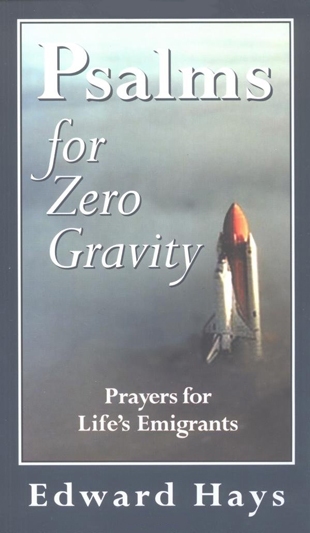"Lamentations in the First Testament take various forms, one of which is poem-songs of grief at the time of death. These dirges were sung by relatives or even by professional mourners. The prophets often made use of the lamentation style of prayer when describing the defeat of nations or peoples.
"Lamentations were also personal psalm-prayers in which the petitioners cried out in pain over various personal misfortunes. About one third of the Psalms of David are lamentations that sing of misfortune and great distress.
"The title of lamentations also refers to the Hebrew Scriptures that speak of the desolation of Jerusalem or of those who have been struck down by God's anger. At times these poem-prayers are prophetic, and often they deal with a crisis of faith. . . . Because of a belief in the resurrection, Christians too often feel guilty about lamenting.
"Today's theological stress upon the joy of the resurrection has sadly sometimes made expressions of grieving and tears appear to be a sign of a lack of faith in the promise of life after death. To be sure, resurrection joy is at the core of Christian faith. Yet we must not under-estimate the profound effect of the zero gravity of grief in our lives."
The Wailing Psalm
"I want to wail and scream in pain,
and not wash my face or comb my hair.
I want to fast from food and drink,
to abstain from music and fun.
I want to kick the walls and beat my breast,
and even tear out the telephone.
I'd throw away my mail and speak to no one.
but I am ashamed to grieve.
O God, how can I ever be the same again
or feel the earth solidly beneath my feet,
for ripped to shreds are my daily rituals,
my patterns of living, loving and sharing.
My heart feels full not of blood but of pain,
my lungs filled with screams, not breath.
My eyes are blinded to all by my bitter tears,
but I am ashamed of my lack of Easter hope.
O God, I know how you felt
on that terrible Good Friday.
So I ask you to say nothing to me now,
for nothing can be said.
Only hold me in your love, O God,
till the pain passes, if it ever will.
And pardon, I pray, my feeble faith
as I mourn like one without hope."
Back to reading a full review of this book.
